Seeking Gender Selection? IVF in Panama Offers Solutions
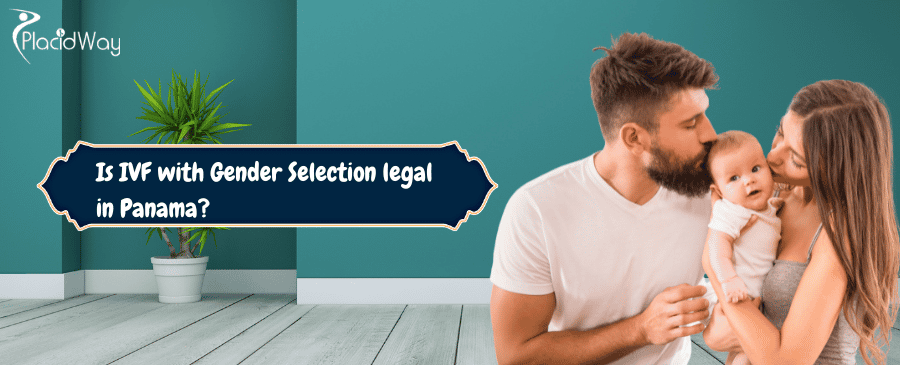
Considering IVF with gender selection is a significant step for many individuals and couples looking to expand their families. This advanced reproductive technology allows for the selection of an embryo's sex before implantation, either for family balancing purposes or to avoid the inheritance of sex-linked genetic diseases. Panama has emerged as a noteworthy destination for these procedures due to its legal framework and accessible, high-quality medical facilities. This blog post aims to clarify the legal status, process, costs, and other vital aspects of IVF with gender selection in Panama, addressing common questions to provide a comprehensive guide.
Is IVF with Gender Selection legal in Panama?
"Yes, IVF with gender selection is legal in Panama, primarily offered through Preimplantation Genetic Testing (PGT) which includes PGT-A (aneuploidy) and PGT-M (monogenic/single gene defects), and by extension, sex selection."
Panama is among the countries where IVF with gender selection is permitted, drawing patients from regions where such practices are restricted or illegal. The legality in Panama stems from a regulatory environment that does not explicitly prohibit the use of Preimplantation Genetic Testing (PGT) for non-medical reasons, including gender selection. This allows clinics in Panama to offer these services for family balancing purposes, alongside the primary medical indications for PGT, such as screening for chromosomal abnormalities or specific genetic diseases. Patients should always confirm the specific policies of their chosen clinic, but generally, the practice is widely available and accepted within the private healthcare sector in Panama.
What is Preimplantation Genetic Testing (PGT) and how does it relate to gender selection?
"Preimplantation Genetic Testing (PGT) involves testing embryos created through IVF for genetic abnormalities before they are implanted in the uterus; gender selection is achieved by identifying the sex chromosomes (X and Y) during this testing."
PGT is a crucial component of IVF with gender selection. During an IVF cycle, eggs are fertilized by sperm in a laboratory to create embryos. After a few days of development, a few cells are carefully biopsied from each embryo. These cells are then sent to a specialized genetics laboratory for analysis. PGT-A (Preimplantation Genetic Testing for Aneuploidies) screens embryos for an abnormal number of chromosomes, which can lead to implantation failure, miscarriage, or genetic disorders like Down syndrome. PGT-M (Preimplantation Genetic Testing for Monogenic/Single Gene Defects) is used when there's a known risk of a specific genetic disease being passed down, such as cystic fibrosis or Huntington's disease. Within either of these tests, or sometimes as a standalone request, the sex chromosomes (XX for female, XY for male) can be identified. This allows parents to select and transfer only embryos of the desired gender, whether for family balancing or to avoid a sex-linked genetic condition.
What are the main reasons people seek IVF with Gender Selection?
"The main reasons people seek IVF with gender selection are family balancing (to have a child of a specific sex when they already have children of the opposite sex) and to prevent the inheritance of sex-linked genetic diseases."
Many couples desire to have a family that includes children of both sexes, a concept often referred to as family balancing. For instance, a couple with several sons might wish for a daughter, or vice versa. This desire, while elective, is a significant driver for individuals pursuing gender selection. The second, and medically critical, reason is to prevent the transmission of sex-linked genetic diseases. These are conditions, like hemophilia or Duchenne muscular dystrophy, that primarily affect one gender. By selecting embryos of the unaffected sex, parents can ensure their child will not inherit or suffer from these debilitating conditions, significantly improving their quality of life and the family's well-being.
What is the typical cost of IVF with Gender Selection in Panama?
"The typical cost of IVF with gender selection in Panama can range from $8,000 to $15,000 USD, depending on the clinic, the number of cycles needed, and specific genetic testing requirements."
The cost of IVF with gender selection in Panama is generally more affordable compared to many Western countries, making it an attractive option for medical tourists. This cost typically includes the standard IVF procedures (ovarian stimulation, egg retrieval, fertilization, and embryo transfer) as well as the Preimplantation Genetic Testing (PGT) for gender identification. Additional costs may include pre-cycle consultations, medications, initial diagnostic tests, travel, and accommodation. It's important to get a detailed breakdown of costs from the chosen clinic to avoid any surprises. Some clinics may offer packages that include some or all of these additional services.
How long does the IVF with Gender Selection process take in Panama?
"The IVF with gender selection process in Panama typically involves a visit of 2 to 3 weeks for the active treatment, with the entire cycle from initial consultation to embryo transfer potentially spanning several months due to preparation and genetic testing."
The timeline for IVF with gender selection begins with an initial consultation and thorough diagnostic testing for both partners. This can often be done remotely or during a preliminary visit. Once the treatment plan is established, the woman undergoes ovarian stimulation, which usually lasts about 10-14 days. Egg retrieval and sperm collection occur next, followed by fertilization in the lab. Embryo development takes another 5-7 days, after which a biopsy is performed for PGT. The genetic testing results usually take 1-2 weeks. Once the results are available, the selected embryo(s) can be transferred to the uterus. If the genetic testing results necessitate a delay, or if a fresh embryo transfer isn't feasible, a frozen embryo transfer cycle may be planned, extending the overall timeline. The active treatment phase requiring physical presence in Panama is usually condensed into a few weeks.
What factors should I consider when choosing an IVF clinic in Panama for Gender Selection?
"When choosing an IVF clinic in Panama for gender selection, consider the clinic's success rates, the experience and qualifications of their medical team, accreditation and quality standards, the technology they utilize, and patient reviews and testimonials."
Selecting the right clinic is paramount for a successful and positive experience with IVF with gender selection. A clinic's success rates for IVF and PGT are a strong indicator of their expertise, but it's important to understand what those rates represent (e.g., live birth rates per embryo transfer for a specific age group). The medical team's experience, particularly with PGT and complex fertility cases, is crucial. Look for board-certified reproductive endocrinologists and embryologists. Accreditation and adherence to international quality standards ensure that the clinic maintains high levels of care, safety, and ethical practice. The technology available, such as advanced embryology labs and state-of-the-art PGT techniques, contributes significantly to outcomes. Finally, patient reviews and testimonials can offer valuable insights into the patient experience, communication, and overall satisfaction.
Are there any ethical considerations regarding IVF with Gender Selection?
"Ethical considerations surrounding IVF with gender selection primarily revolve around the concern for gender bias, the potential for creating a 'designer baby,' and the moral status of embryos that are not selected or used."
The ethical debate around gender selection is complex. Critics raise concerns about exacerbating societal gender imbalances, promoting a view of children as "commodities," and the moral implications of discarding embryos of the undesired sex. However, proponents argue that family balancing can contribute to family well-being and that reproductive autonomy is a fundamental right. They also emphasize the clear medical benefits of preventing sex-linked genetic diseases. Reputable clinics in Panama typically operate within established ethical guidelines, ensuring that patients are fully informed about the process and its implications.
What are the potential risks and side effects of IVF with Gender Selection?
"Potential risks and side effects of IVF with gender selection are similar to those of standard IVF, including Ovarian Hyperstimulation Syndrome (OHSS), multiple pregnancies, and minor risks associated with egg retrieval and embryo transfer."
While generally safe, IVF with gender selection does carry some risks inherent to any IVF cycle. Ovarian Hyperstimulation Syndrome (OHSS), though rare in severe forms, can occur due to the fertility medications used to stimulate egg production, leading to swollen, painful ovaries and fluid retention. There's also an increased chance of multiple pregnancies if more than one embryo is transferred, which carries its own set of risks for both mother and babies. The egg retrieval procedure, being a minor surgical procedure, carries a small risk of bleeding, infection, or damage to surrounding organs. Embryo transfer is generally non-invasive but has a minimal risk of infection or cramping. PGT itself has a very slight risk of damaging the embryo during biopsy, though this is minimized by highly skilled embryologists.
What is the success rate of IVF with Gender Selection in Panama?
"The success rate of IVF with gender selection in Panama is high, largely mirroring the success rates of standard IVF cycles with PGT, typically ranging from 50% to 70% per embryo transfer for healthy embryos."
The success of IVF with gender selection is closely tied to the success of the underlying IVF cycle and the accuracy of PGT. Factors influencing success rates include the woman's age (which significantly impacts egg quality), the quality of the embryos, the clinic's expertise, and the specific cause of infertility, if any. With PGT, the implantation rates per transferred embryo can be quite high because only chromosomally normal embryos of the desired sex are selected. However, it's crucial to remember that success is not guaranteed, and multiple cycles may be needed. Clinics should provide their specific, transparent success rates to potential patients.
Are there any alternatives to IVF for gender selection?
"While IVF with PGT is the most reliable method for gender selection, other less effective or non-medical alternatives exist, such as sperm sorting methods (like MicroSort) or relying on natural timing and dietary theories, though these are significantly less accurate."
IVF with PGT offers near 100% accuracy in gender selection. However, some individuals explore other methods. Sperm sorting, such as the MicroSort method (though not widely available globally and with varying legal status), attempts to separate X-carrying sperm (for girls) from Y-carrying sperm (for boys) before artificial insemination or IVF. This method's accuracy is considerably lower than PGT. Other non-medical approaches, often based on timing intercourse around ovulation or specific dietary changes, lack scientific evidence to support their effectiveness in influencing a baby's sex and are generally considered unreliable. For guaranteed results, IVF with gender selection remains the gold standard.
What happens to unused embryos after IVF with Gender Selection?
"Unused embryos after IVF with gender selection can typically be cryopreserved (frozen) for future use, donated for research, or donated to other infertile couples, or in some cases, discarded, depending on patient wishes and clinic policies."
The disposition of unused embryos is an important ethical and personal decision. Most clinics offer cryopreservation, allowing couples to store healthy embryos for future attempts at pregnancy. This is a common choice for those who might want more children later. Another option is to donate embryos for scientific research, contributing to advancements in reproductive medicine. Some couples choose to donate their embryos to other infertile couples, offering them a chance at parenthood. Finally, embryos can be discarded, although this is a decision that many couples find emotionally challenging. Clinics typically have clear policies and counseling services to help patients make these choices in accordance with their personal values and legal frameworks.
What documentation is required for international patients undergoing IVF in Panama?
"International patients undergoing IVF in Panama typically need a valid passport, a visa (if required for their nationality), and medical records pertinent to their fertility history and general health."
The specific documentation requirements for international patients can vary based on their country of origin and the clinic's individual policies. Generally, a valid passport is essential for travel. Patients should also check Panama's visa requirements for their nationality well in advance of their planned trip. Most clinics will request a comprehensive set of medical records, including previous fertility test results, medical history, and any relevant specialist reports. This allows the medical team to thoroughly assess the patient's case and develop an appropriate treatment plan. It's always advisable to communicate directly with the chosen clinic about their specific documentation checklist to ensure a smooth process.
Ready to explore your options for IVF with gender selection or other healthcare services? Visit PlacidWay to connect with top-tier clinics and specialists worldwide.


.png)
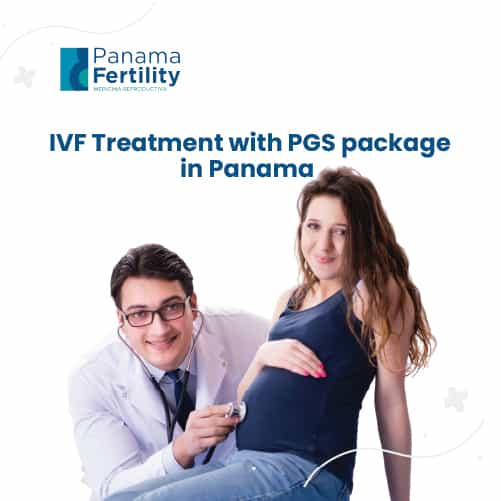
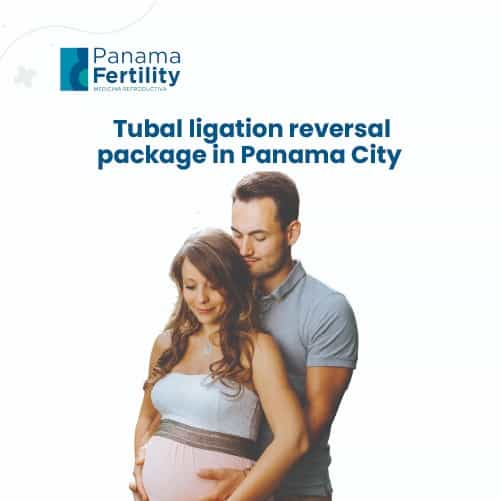
-Package-at-Advanced-Fertility-Center-Cancun,-Cancun,-Mexico.png)
.png)

.png)
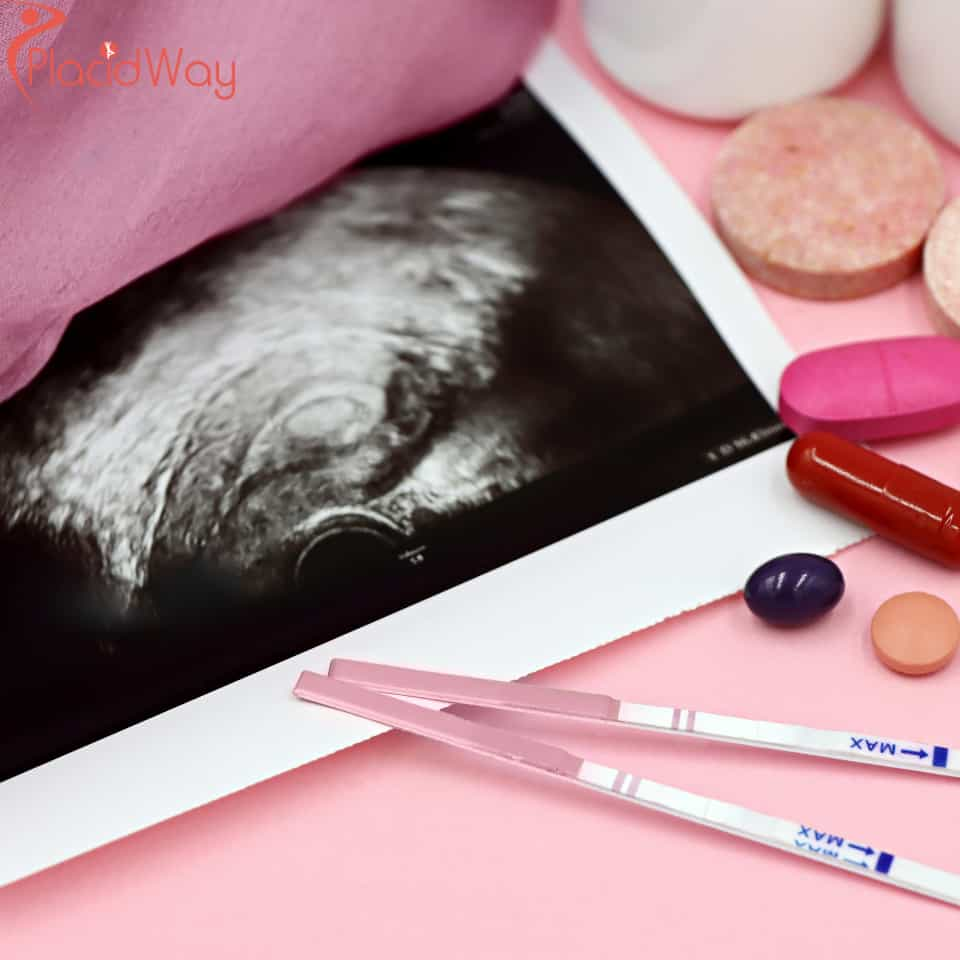

.png)
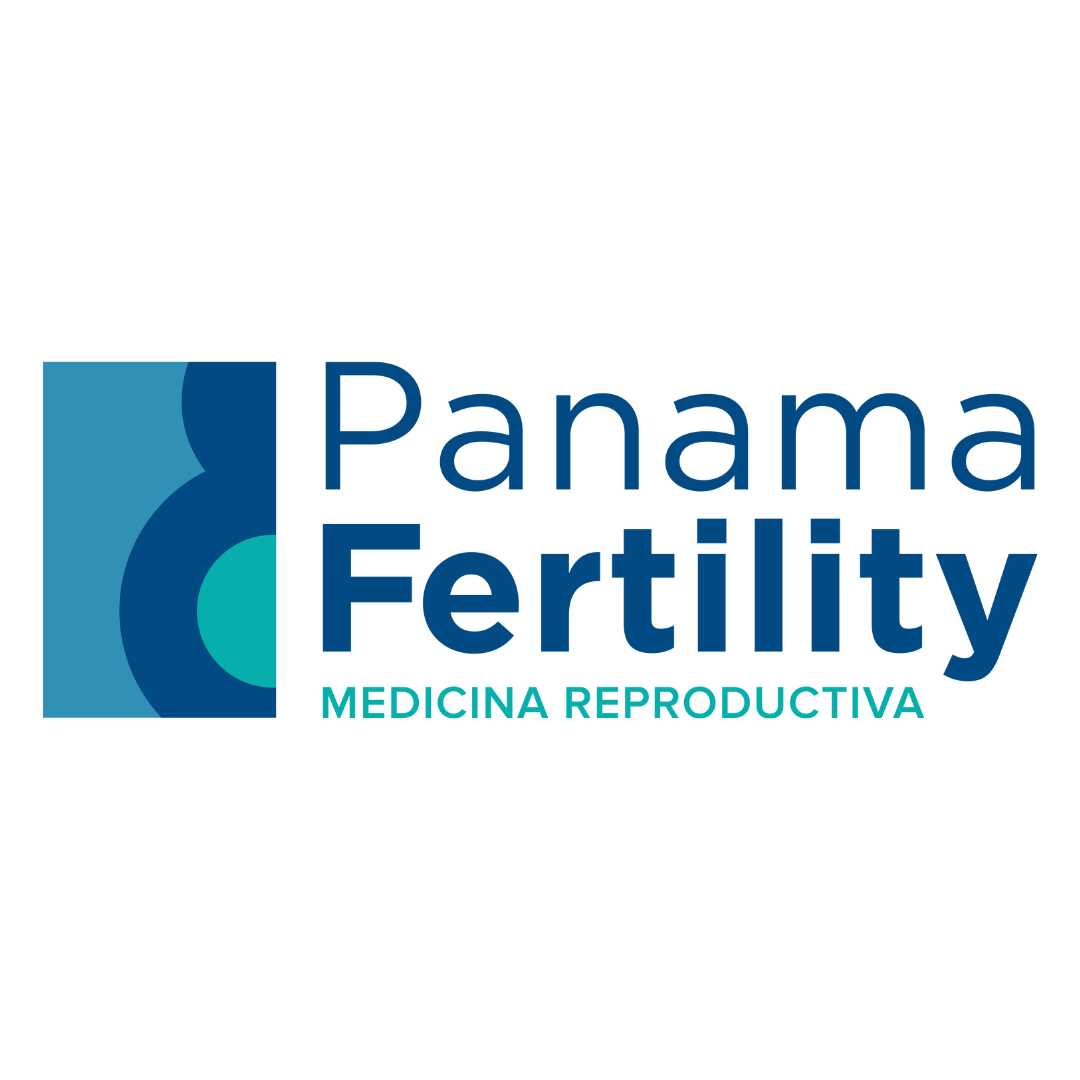
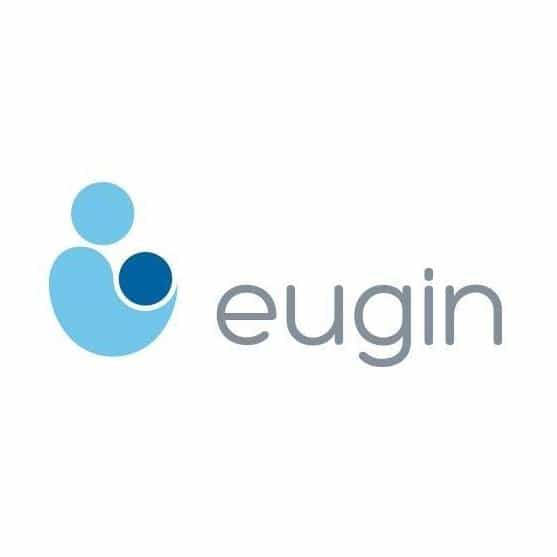


Share this listing